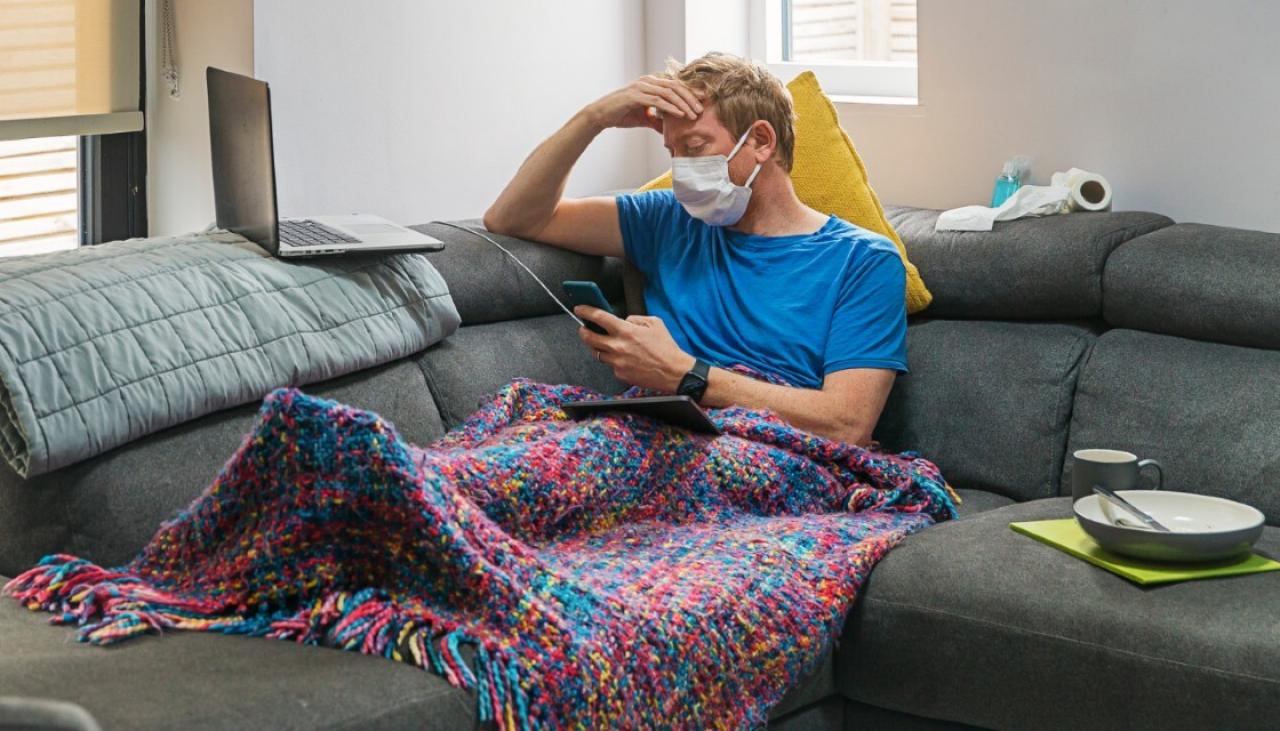RIO DE JANEIRO, BRAZIL – So far, home isolation has been the main response to cases of people infected with the coronavirus in Brazil. Nevertheless, there are many questions as to how this quarantine effectively occurs and, above all, how patients and relatives should behave in this situation.

The first question is whether patients should remain in complete isolation at home or, if they live with their families, take up only one room in the house and keep their distance from other residents.
There are two considerations regarding this question: what is ideal and what is possible. According to infectologist Jean Gorinchteyn, ideally, patients should remain at home alone. “In this case, he/she would elect a person to be his/her link with the outside world – it could be a friend, a relative, a social worker or a doctor. During this contact, patients should wear a mask and follow the full care protocol,” he said. “This chosen person, the link, would be the person in charge of shopping, taking care of bills and everyday matters,” he added.
However, at a later stage in the progression of the disease in the country, asking people to leave their homes may not be feasible. “So, the viable thing would be to isolate the patient in a single room in the house – limiting contact to only one person,” commented infectologist Francisco Ivanildo de Oliveira Junior. Whether the patient elects a “link” with the outside world or one in which they share the house with relatives, all people involved need to be tested for the coronavirus.
According to the experts, there is no need for patients to wear the mask at home all day. Its use is only recommended when they are in contact with others.
Regardless of full isolation or with a relative under the same roof, some rules are basic. The cutlery of the infected person should not be shared. Moreover, the flatware needs to be washed with a sponge that is also not used in other flatware in the house. The person washing these items needs to wear gloves. Using disposable cutlery is, of course, a possibility.
Another key point: the clothing of the infected patient needs to be handled (washed, ironed) separately from the items belonging to the remaining family or other people the patient may have come into contact with. The same goes for bedding, towels, etc.
At first, there are no dietary restrictions or specific diets to be followed. Regarding alcohol intake, doctors advise that it is not recommended in any case of infection or illness – but there is no express interdiction.
It is the patient’s clinical conditions that will determine what he or she may or may not do in terms of food or physical activities. If there is no indication for complete rest, the patient could be “on a treadmill” or use an exercise bike, for instance.
Source: O Estado de S. Paulo

